人人都是播客
打开APP

13分钟

《Geek时间》-宅男独居真相大曝光!网友:这些年冒犯了。
336
0
2023-05-04
关注公号【璐璐的英文小酒馆】,领取全文稿,了解更多有趣的英语资讯~
Hi, everyone. And welcome back to Geek Time. 欢迎回来【极客时间】. Hi, Brad.
Hey, Lulu.
So I thought in the previous few episodes in this segment, we were talking about these big tech trends like Crypto or Chat GPT, but can I propose a more lighthearted topic that is really core to the geekdom really?
Sounds good to me.
You know what I'm talking about because... and also you are living in Japan. So I think you're more than familiar with this word that I'm going to say, which is Otaku 宅.
So in Chinese we say 宅, in Japanese Otaku, like ‘taku’ is 宅, ‘o’ is just an honorific like御宅族,如果你要翻译的话, I thought we dedicate two episodes to this particular topic.
Mhm.
I'm sure you have a lot to say, but first thing first, how would you describe the Japanese idea of Otaku.
The easiest way to describe Otaku is someone who puts like all of their energy into something that they really like. A lot of people look at it as like an Anime Otaku or a Manga Otaku, but it's not just those things.
It could be a lot of different things that are like Otaku. But that's basically how you would describe it.
Oh so basically Otaku has nothing to do with stay indoors outdoors, it’s more like an extreme enthusiast of a special hobby.
The idea of Otaku is not that you stay at home, but you feel at home when you're doing your hobby.
Oh, that's why they say Otaku. 这里要跟大家特别的解释一下, because in Chinese we say宅男宅女, usually it just means shutting type, kind of don't want to socialize with other people, but the original meaning of Otaku has nothing to do with social skills.
No.
It's more like a die hard fan of something, right?
In Japan, someone who stays indoors is called a Hikikomori, which is like someone who stays at home, but like Otaku is just someone who feels at home in their hobby.
所以Hikikomori在日语里面被翻译成中文叫做蛰居族, 就是像冬眠一样, 在家里就是那种完全丧失社会能力的 you know like people who drop out of school and this withdrawal completely from society.
That is a hugely negative term, but Otaku is really not or it's becoming less negative. What would you say in Japan? Do you think Otaku, when people say Otaku is it still negative? positive? What about in English?
In Japan Otaku is still somewhat considered negative, but it's becoming less so, it's more people are considered to be Otaku nowadays is becoming a more regular thing, so it's less negative, especially with like a lot of foreigners who consider themselves to be Otaku coming to Japan. I think people have started to look at it a little bit less negatively, but also like in America, being an Otaku has always kind of been like a badge of honor.
When people started using the word in the US, people started to say “yes I am, and I'm proud of it.”
It's like we talked about this before, right. It's like wearing the word Geek as a badge of honor, it's a sense of belonging.
All Right.
Like when you look at Otaku in the US, in the 80s was... when 80s, 90s, when Sailor Moon and Macross start coming to the US, that's when the Otaku culture in the US started to bloom, very similar to in Japan as well like that's when kind of like in the 80s.
Sailor moon and Macross, I've checked中文叫做《超时空要塞》. But then again, I'm too young to know these words.
I kind of grew up with the American version of Macross. We called it Robotech, but it was almost the same thing.
But that's the thing, right, I mean most people when they think of Otaku, if they are not really familiar with this group or this type of culture, first they think is Manga Anime. 首先还是想到动漫,对吧。
Yeah, like most people when they think of Otaku, the first thing they go to is Manga or Anime people who just get into those things, because I think in Japan those are like the two big groups. You have like people who make their own Manga like Doujinshi. They meet up at…
同人志.
Yeah. They have comic meet ups where they sell or pedal theirs or trade theirs to other people. There's some like Otaku groups, we’ll kind of get into that a little bit more later, but groups of people.
评论
暂时没有评论,快下载荔枝app抢沙发吧!
00:00
13:27